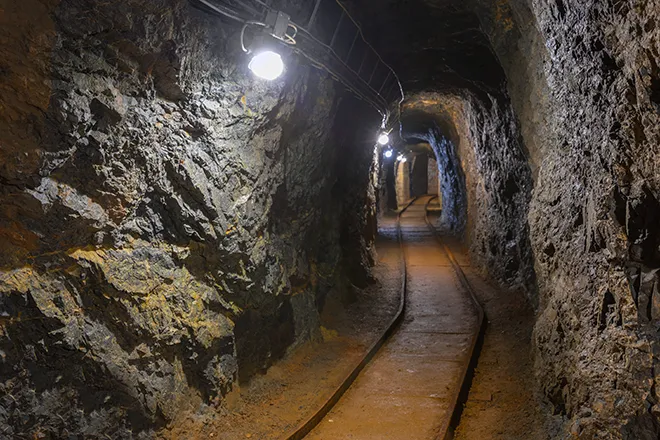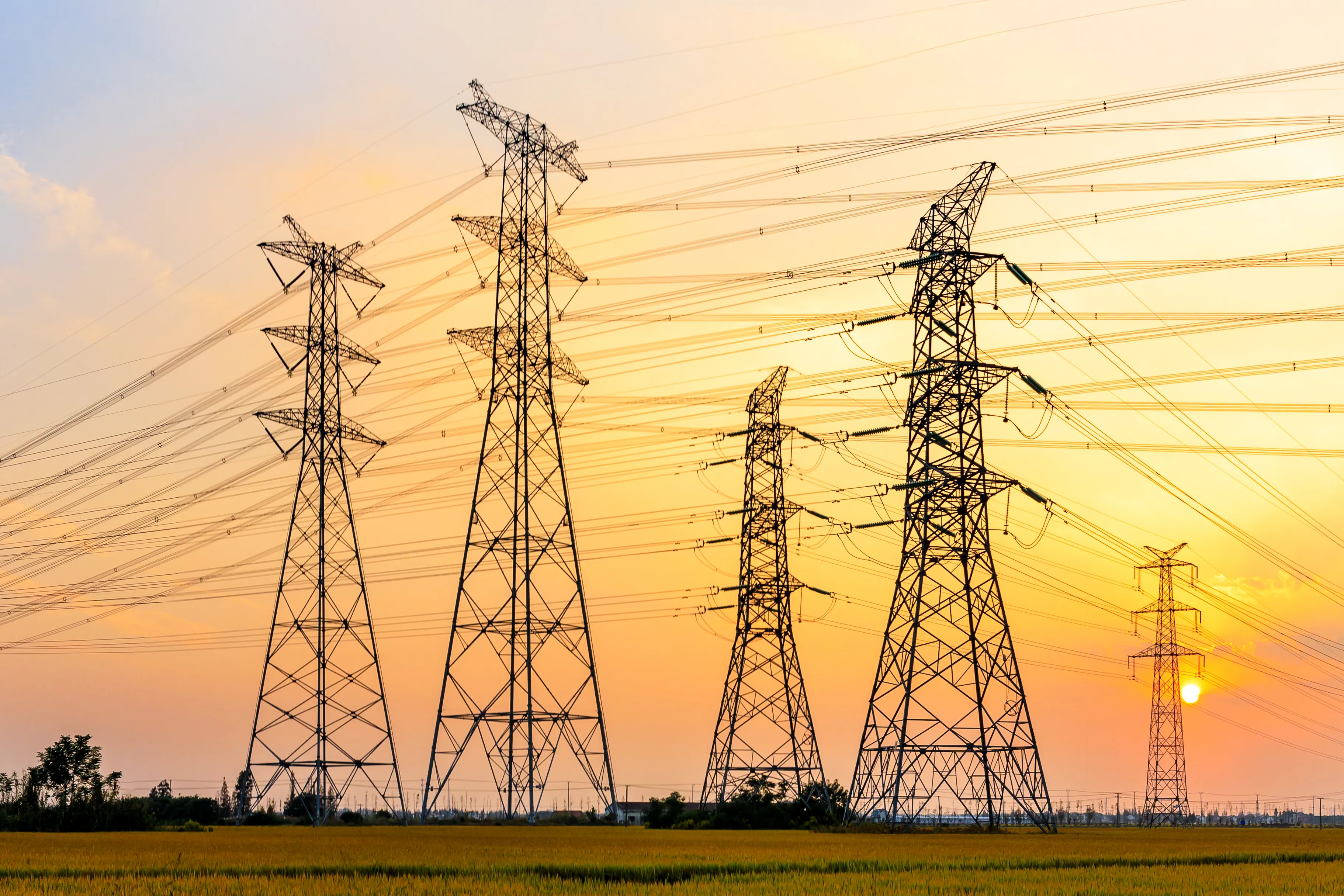
Colorado’s Anchor Center for Blind Children goes solar
© iStock
Click play to listen to this article.
The Anchor Center for Blind Children, Colorado’s only nonprofit dedicated to serving young children who are blind or visually impaired, now boasts a robust 128-kilowatt rooftop solar array.
The project in Denver’s Central Park neighborhood was fueled in part through clean-energy incentives, including local grants, Xcel Energy credits and Inflation Reduction Act tax credits.

David Henry, co-owner and senior director of business development for Namaste Solar, the employee-owned cooperative behind the project, said savings in energy bills should free up a substantial portion of Anchor’s operating budget.
"Over the course of about 30 years, it’s going to save them a million dollars," Henry pointed out. "That’s going to allow them to redirect funds to other initiatives to help continue to support all the work they do for young blind children."
Meghan Klassen, executive director of the center, said because they are 95 percent privately funded, the solar investment is a lifeline. The center serves children from birth to age 5, a time critical for brain development, and has won national recognition for its early intervention programs, therapy and family coaching.
Klassen noted families are frequently at a loss when they first learn about their child’s diagnosis. They do not know where to turn, and do not know what their lives will look like. She stressed Anchor provides wraparound services for children and their families.
"We have a multidisciplinary team of therapists and educators that really meet every child where they are and try to make sure that every child is going to have the most independent and full life possible," Klassen explained.
Federal clean-energy incentives are being rolled back by the Trump administration under a policy it calls "energy dominance." While state and local incentives are likely to remain, Henry emphasized people who want to claim the 30 percent Federal Investment Tax Credit for residential solar will need to act soon.
"Because that tax credit goes away at the end of this year," Henry underscored. "But on the commercial side, as the rules are currently written, we’re able to still sell commercial projects through most of 2027 and still have eligibility."
















